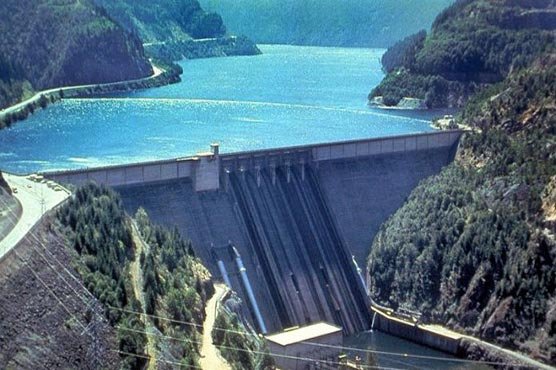Pakistan’s plan to introduce a new water storage tax to fund its mega dam projects has been shot down by the International Monetary Fund (IMF). The government proposed a 1 percent cess on all taxable goods to generate revenue for the Diamer-Bhasha, Mohmand, and the planned Chenab dam. But the IMF has suggested a simpler, albeit politically sensitive, alternative—raising the existing 18 percent General Sales Tax (GST).
According to IMF officials, the proposed levy raised red flags over governance, legal frameworks, and the potential misuse of funds. The Fund was particularly wary of granting the Water and Power Development Authority (WAPDA) direct control over tax revenue. Instead, it urged Islamabad to either reprioritize spending within its Rs. 1 trillion development budget or rely on the GST for additional funds.
Pakistan’s hydropower plans are running into massive financial roadblocks. The Diamer-Bhasha dam alone has seen its cost balloon to over Rs. 1.1 trillion, nearly double the original estimate of Rs. 479 billion. Even at the older figure, Rs. 365 billion remains unfunded, yet only Rs. 25 billion is earmarked this fiscal year. The Mohmand dam faces a similar shortfall, requiring at least Rs. 173 billion more despite an approved cost of Rs. 310 billion. The proposed Chenab dam adds another Rs. 220 billion to the country’s already overstretched commitments.
Together, these projects need an additional Rs. 1.35 trillion—funding the government simply does not have. As a possible workaround, officials are considering amendments to the Gas Infrastructure Development Cess (GIDC) law to redirect over Rs. 400 billion in unspent collections to dam construction, avoiding the need for new taxes altogether.



